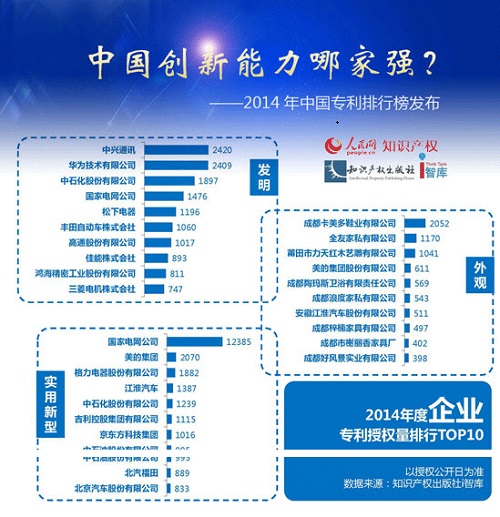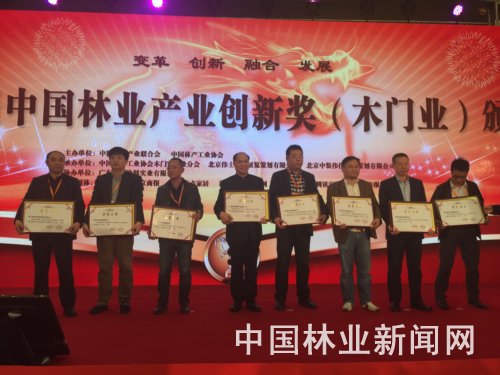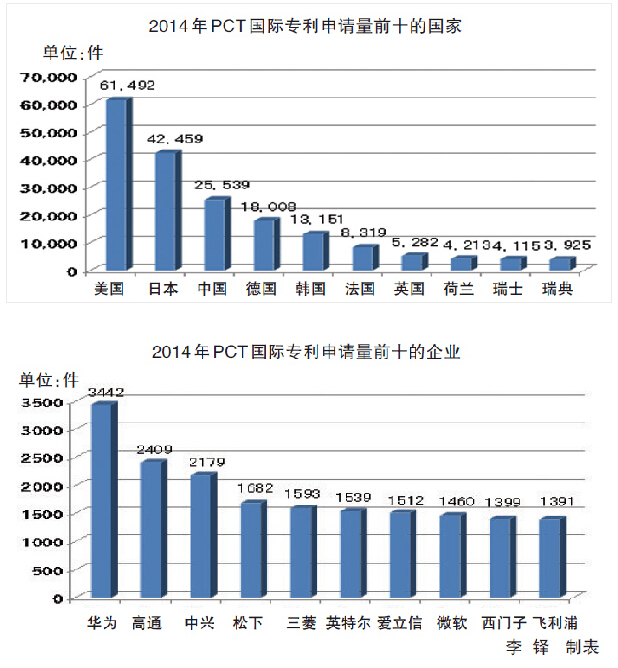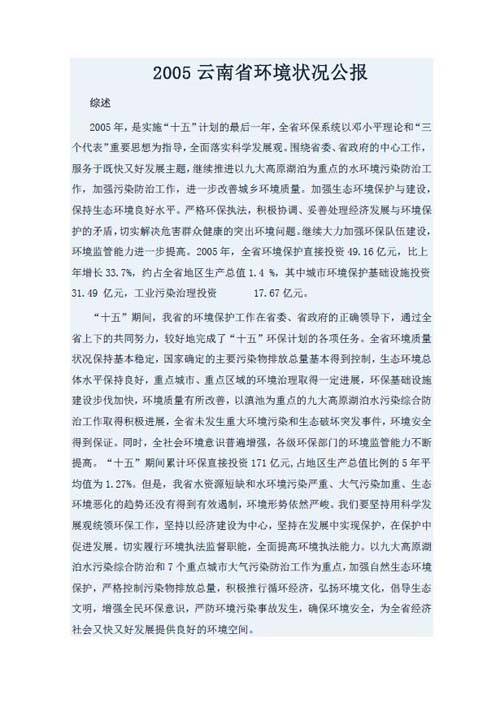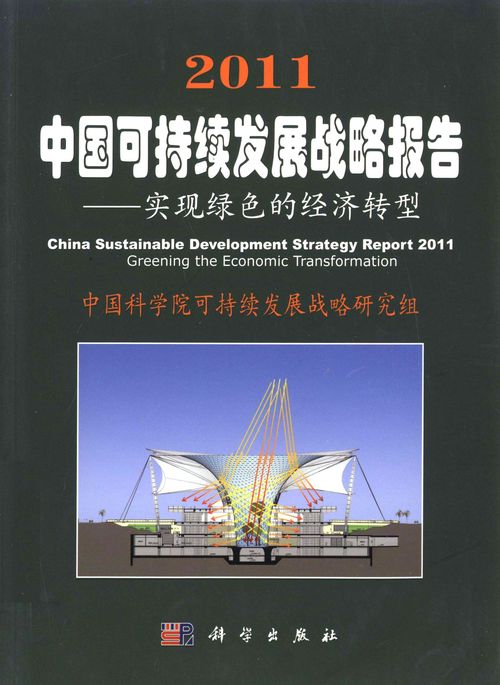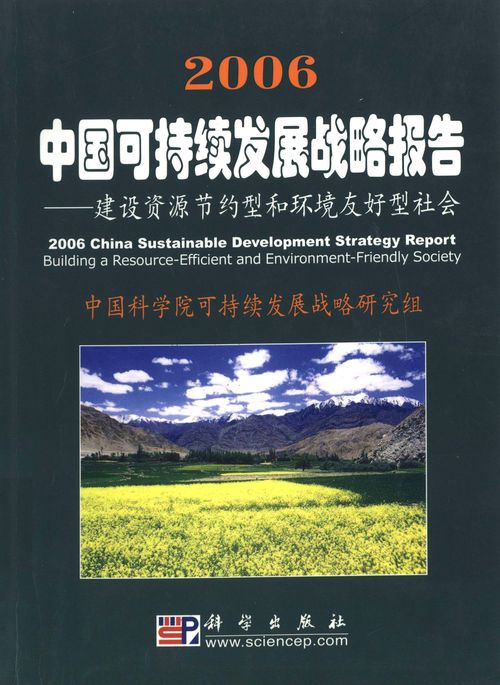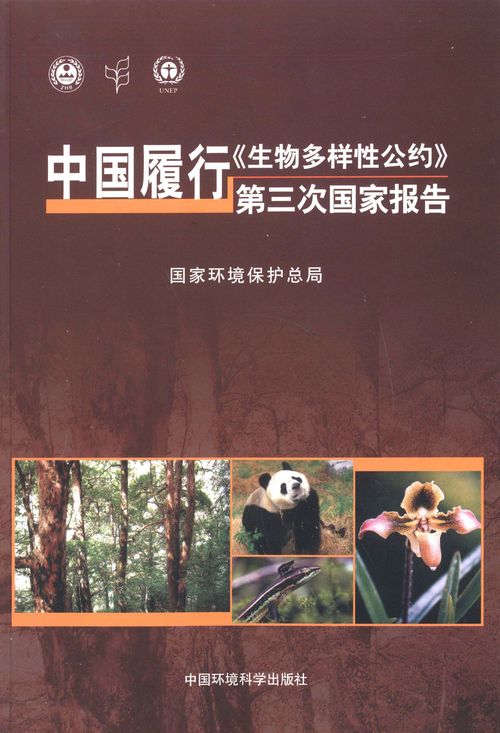
“以竹代塑”视角下“无废城市”建设经验与启示
编号
lyqk011358


中文标题
“以竹代塑”视角下“无废城市”建设经验与启示


作者单位
中林绿碳(北京)科技有限公司 北京 100084


期刊名称
世界竹藤通讯


年份
2024


卷号
22


期号
2


栏目名称
学术园地


中文摘要
创建“无废城市”是推进我国城市固体废物综合管理与资源利用工作的重要措施,也是我国实施“双碳”目标战略的重要组成部分,最终目标是推动生态环境改善和提升生态文明建设水平,从而实现经济、社会、环境的可持续发展。当前,针对“无废城市”建设主要环节、政策布局及科技研发重心集中于无害化处理的后端环节和资源化利用的中端环节,对于源头减量的前端环节投入力度较为薄弱。“以竹代塑”倡议的提出针对这一问题提供了解决方案。文章分析了我国建设“无废城市”的政策背景,梳理总结国内外“无废城市”建设的经验,提出“以竹代塑”视角下建设“无废城市”的建议,可为加快我国“以竹代塑”产业发展、推进“无废城市”建设提质增效提供参考。


英文标题
Construction of “Zero-Waste City” from the Perspective of “Bamboo as a Substitute for Plastic”: Experience and Enlightenment


作者英文名
Su Lijun, Xu Jianuo, Zhao Lei, Gu Ran


单位英文名
China Forestry Green Carbon Beijing Technology Co., Ltd., Beijing 100084, China


英文摘要
Building a “Zero-Waste City” is an important measure to promote the comprehensive management and utilization of urban solid waste in China, and is also an important component of China's strategy to achieve the “dual carbon” goals. Its ultimate goal is to promote the ecological environment improvement and boost the development of ecological civilization, thereby achieving sustainable development of economy, society and environment. At present, the “Zero-Waste City” building puts the focus on harmless treatment at the back link and resource utilization at the middle link for its main mission, policy framework and sci-tech development, and the investment in waste reduction at the source is relatively insufficient. The initiative of “bamboo as a substitute for plastic” provides a solution to this problem. The paper analyzes the policies that support the building of “Zero-Waste City” in China, summarizes the experience in building “Zero-Waste City” at home and abroad, and proposes the suggestions for building “Zero-Waste City” from the perspective of “bamboo as a substitute for plastic”. This study would provide references for accelerating the industrial development relevant to “bamboo as a substitute for plastic” and improving the quality and efficiency in building the “Zero-Waste City”.


英文关键词
bamboo as a substitute for plastic;Zero-Waste City;“dual carbon” goals;circular economy mode;China


起始页码
40


截止页码
45


作者简介
苏丽君,硕士,中级审计师,从事装配式建装一体化及木竹低碳业务工作。E-mail:37088806@qq.com。


DOI
10.12168/sjzttx.2023.11.08.001


参考文献
[1] 吴超,何海云,张绛,等.浙江省全域无废城市建设实践模式与成效评估[J].环境工程学报, 2023, 17(7):2324-2333.
[2] 张宇祥,马尚彬,于耀江,等.无废城市建设下的无废校园固废产量预测模型:以内蒙古工业大学为例[J].环境工程学报, 2023, 17(9):3015-3023.
[3] 桑丹.无废城市背景下的城镇建筑垃圾循环利用策略分析[J].公关世界, 2023(11):64-65.
[4] 王智茂,纪云霞.无废城市理念下绿色金融对产业结构清洁化影响:以盐城市为例[J].财会通讯, 2023(24):57-61.
[5] 郭施宏,帖明,陆健.双碳目标下无废城市建设的韩国经验与启示[J].当代经济管理, 2023(12):81-87.
[6] 宫玮,吴景山.发展绿色建筑助力无废城市建设[J].绿色建筑, 2023, 15(1):78-80.
[7] 陈惜,乔淑英.生态文明视角下三亚无废城市建设现状与对策建议[J].中国商论, 2022(14):107-110.
[8] 余国东.探索制度创新推动资源共享重庆市积极推进川渝两地共建无废城市[J].环境保护, 2022, 50(23):22-24.
[9] 张晓芒.打造无废城市的惠州模式[J].环境, 2023(7):34-36.
[10] 广东省环境保护宣传教育中心.打造无废城市建设深圳样板[J].中国环境监察, 2023(7):48-49.
[11] 高洁,呼和涛力,袁汝玲,等.无废城市试点建设与碳减排效益分析:以徐州市为例[J].环境工程学报, 2023, 17(3):979-989.
[12] 张祖增. 从摇篮到摇篮:刍议中国无废城市建设的理论和实践[J].世界环境, 2021(6):88-89.
[13] 陈凤先,徐长玲,单明威,等.我国无废园区建设路径研究[J].环境保护, 2022, 50(24):43-47.
[14] 高晨琦,孙英杰,卞荣星,等.碳达峰碳中和视角下中国无废城市建设问题及对策[J].环境污染与防治, 2023, 45(9):1312-1315, 1320.


PDF全文
浏览全文


-
相关记录
更多
- 中国林业遗产类型与地理分布 2023
- 中国林业服务贸易规模核算问题探讨 2023
- 数字经济赋能中国乡村林业发展:理论机制、成效分析及政策启示 2023
- 森林碳汇环境库兹涅茨曲线特征及其影响因素分析 2023
- 民国时期的国有林场建设及其历史价值 2023
- 巩固退耕还林成果:农户意愿与行为研究进展及对策建议 2023
 打印
打印

